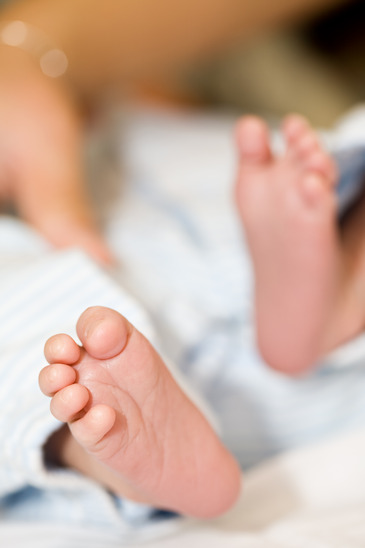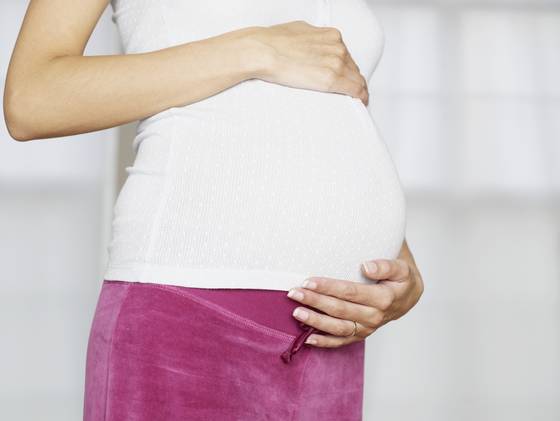 VANDERBILT (US) —Scientists have found a potential way to determine the start of menopause—findings that could lead to better fertility assessment and insight into disease risk.
VANDERBILT (US) —Scientists have found a potential way to determine the start of menopause—findings that could lead to better fertility assessment and insight into disease risk.
The researchers examined the relationship between antral follicle count (AFC)—the number of early and potentially egg-producing follicles in the ovaries (as seen on ultrasound)—and the onset of natural menopause, which is the permanent end to ovarian egg production.
Melissa Wellons, assistant professor of medicine at Vanderbilt University, and colleagues looked at this in women aged 34 to 49 who participated in an ongoing study focused on coronary artery disease development. As part of the study, AFC was measured in 2002-2003, with follow up in 2009-2010. Read full article.








